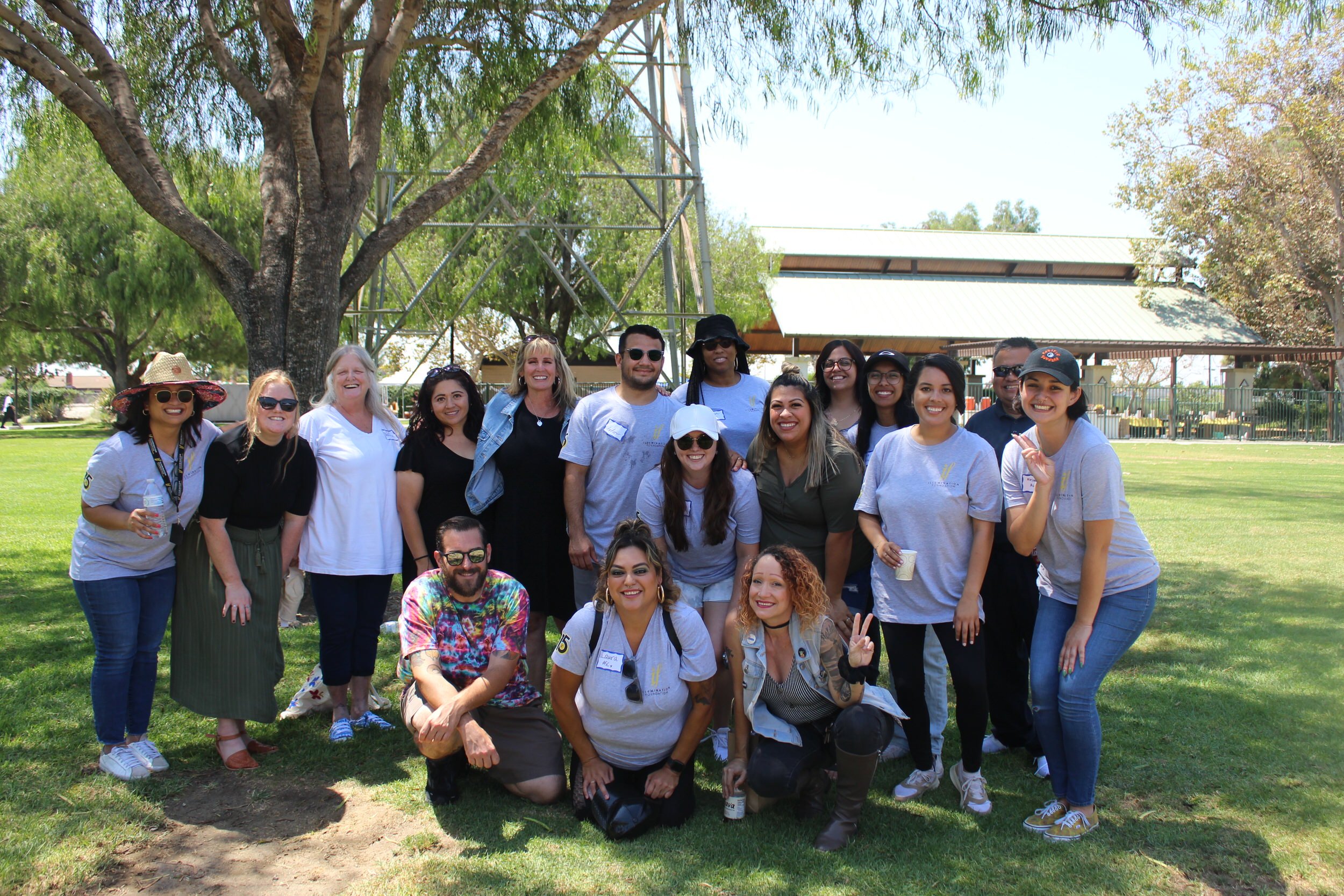The Value of a Diversified Workforce
By Pooja Bhalla, DNP, RN, Illumination Foundation CEO
The disparities in access to healthcare for people of color are significant and pervasive. They also pose very real social justice dilemmas for healthcare providers and society as a whole. One way of addressing access inequities and a historical mistrust of the medical community as a whole by people of color is through a diverse healthcare workforce that mirrors an increasingly diverse patient population.
The value of a diversified healthcare workforce was one of many panel topics discussed at a symposium hosted by Illumination Foundation last year. The one-day event focused on integrating effective solutions to lowering the barriers vulnerable populations experience in accessing healthcare, housing, education, and workforce development, all major contributors to homelessness.
Dr. Piri Ackerman-Barger, Associate Dean for Health Equity, Diversity and Inclusion and a clinical professor at the Betty Irene Moore School of Nursing at UC Davis, spoke on the topic of workforce diversity among healthcare professionals.
“It is clear that we need to do things differently [to reduce barriers to healthcare], and one way to do it differently is to have better representation,” Dr. Ackerman-Barger said. “This means that if you’re a patient, you have the opportunity to have a provider now and then who shares your experience.”
By having providers who share their experience, vulnerable patients begin to lose their distrust of the system and are more likely to seek care. And getting proper care is the first line of defense in preventing homelessness. There is currently a shortage in the healthcare workforce in medicine, nursing, laboratory sciences, and environmental health, all of which present serious threats to protecting the health of individuals, families, and communities, especially those who are most vulnerable and least able to help themselves.
“It is clear that we need to do things differently [to reduce barriers to healthcare], and one way to do it differently is to have better representation.”
— Dr. Ackerman-Barger
Echoing Dr. Ackerman-Barger’s thoughts, Kara Carter, senior vice president of strategy and programs at the California Health Care Foundation, added that much of the conversation about health equity in California is “centered around race equity because that’s really where the inequity is. For example, 40% of the population is Latinx, yet only 6% of the physicians are.”
As Illumination Foundation prepares to mark its 15th anniversary this year, we continue to focus on providing integrated housing and healthcare services to our clients. We believe that proper access to healthcare and housing are moral imperatives for a society and an intrinsic right for all. Increasing ways to address the disparities in healthcare access is crucial if we are to continue to make significant progress in disrupting the cycle of homelessness.
Learn more about housing and healthcare for those experiencing homelessness at www.ifhomeless.org.

